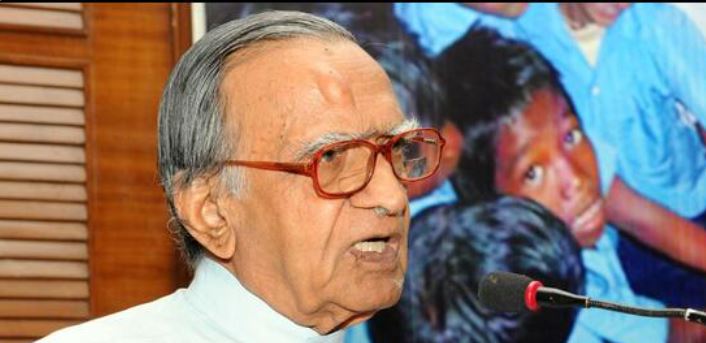Dubey, a luminary in Indian diplomatic circles, passed away recently, leaving behind a legacy of exceptional service and intellectual prowess. His career, which began in 1957, coincided with a period of “peak multilateralism” in Indian foreign policy, an era marked by a fervent pursuit of a just world order.
Dubey’s Vision for a Just World Order
Dubey’s diplomatic tenure was characterized by his unwavering commitment to reshaping the post-war global order to favor developing nations. He tirelessly advocated for universal disarmament, a “New International Economic Order,” South-South cooperation, and regionalism in the Subcontinent.
Navigating a Changing Global Landscape
As the 20th century drew to a close, the global landscape underwent a seismic shift with the end of the Cold War and India’s own economic liberalization. Dubey found himself at the forefront of reconciling India’s traditional multilateral stances with the new demands of a rapidly changing world.
The Nuclear Disarmament Conundrum
One of the most striking examples of this tension was in the realm of nuclear disarmament. While Dubey spearheaded a bold plan for the elimination of nuclear weapons, India was simultaneously developing its own nuclear arsenal. This duality underscored the complex challenges faced by Indian diplomacy in balancing national interests with global aspirations.
Economic Diplomacy in Transition
Dubey’s era also witnessed a significant transformation in India’s economic diplomacy. The Uruguay Round of trade talks under the General Agreement on Tariffs and Trade (GATT) challenged the vision of the New International Economic Order that Dubey had championed. India, facing economic difficulties, had to embrace liberalization and globalization, necessitating a recalibration of its economic diplomacy.
The Pursuit of South Asian Regionalism
Dubey’s final years in the Foreign Office saw a renewed focus on South Asian regionalism. The establishment of the South Asian Association for Regional Cooperation (SAARC) in 1985 marked a shift towards regional multilateralism. However, the promise of regional cooperation was hampered by strained relations with Pakistan, particularly due to the Kashmir conflict.
Dubey’s Enduring Legacy
Dubey’s passing has reignited debate about the trajectory of India’s multilateralism. Pessimists argue that India has moved away from Dubey’s idealistic vision, while optimists contend that the shift towards pragmatic multilateralism has enhanced India’s influence in global institutions.
Regardless of one’s perspective, Dubey’s legacy remains undeniable. His unwavering commitment to a just world order, his intellectual acumen, and his tireless advocacy for developing nations have left an enduring imprint on Indian foreign policy. As India continues to ascend the ranks of global powers, Dubey’s ideas and principles will undoubtedly continue to resonate in the halls of diplomacy.
Key Learnings from Muchkund Dubey’s Diplomatic Career
| Key Learning Points | Description |
|---|---|
| Idealism vs. Pragmatism in Foreign Policy | The need to balance idealistic goals with pragmatic considerations in international relations. |
| Adapting to a Changing Global Landscape | The importance of adapting diplomatic strategies to respond to evolving global dynamics. |
| Balancing National Interests and Global Aspirations | The challenge of reconciling national interests with broader global goals and aspirations. |
| The Role of Multilateralism in a Changing World | The enduring relevance of multilateralism, even in a world characterized by shifting power dynamics. |
| The Power of Intellectual Conviction and Advocacy | The impact that individuals with strong intellectual convictions can have on shaping foreign policy discourse. |

Sunil Garnayak is an expert in Indian news with extensive knowledge of the nation’s political, social, and economic landscape and international relations. With years of experience in journalism, Sunil delivers in-depth analysis and accurate reporting that keeps readers informed about the latest developments in India. His commitment to factual accuracy and nuanced storytelling ensures that his articles provide valuable insights into the country’s most pressing issues.



